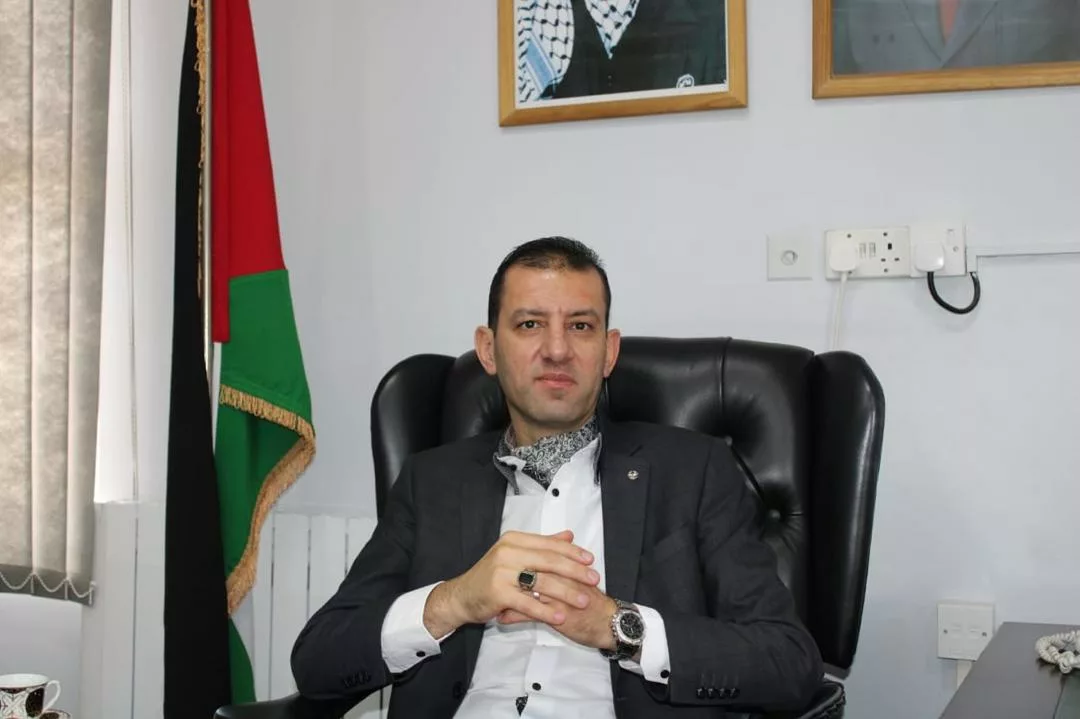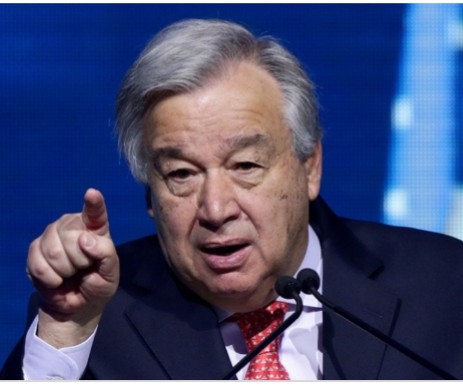By Farai Chirimumimba
MDC-T maybe on course to lose the presidential race and scores of seats at the next election if leadership squabbles persist beyond the 1 March National Council decision to elevate Nelson Chamisa as the substantive party leader at the expense of congress elected Vice-President Thokozani Khuphe. It may not end there.
Parties often pick “Ideal candidates” but it usually costs them no more than one election. Will Chamisa naturally pack MDC-T with allies and will be more concerned with building a long-term “movement” than winning power in the short-medium term? Can the ZANU-PF government expect years without being seriously challenged in the August House or presidency?
The story of how one of the most reliable vote-winning machines in the 2000, 2002, 2005 and of course 2008 harmonised elections is slowly drifting into irrelevance is a warning to parties everywhere.
It is a tragedy for MDC-T, which under its leader the late Dr. Morgan Tsvangirai won resoundingly in the 2008 general elections, introducing reforms in Parliament and government from eating what you kill concept to stabilising the economy until 2013 defeat after the expire of the Government of National Unity
(GNU) with ZANU-PF and the other breakaway MDC then led by Prof Arthur Mutambara.
And it is bad news for Zimbabwe. Experience, from South Africa to Egypt, suggests the long-term absence of serious political opposition leads to bad governments.
Worse, MDC-T’s meltdown comes as Zimbabwe begins complex and perilous electoral season, which need scrutiny and a resounding victory. What
opposition there is will come from the MDC alliance partners eccentric fringes if the main MDC-T does not rise beyond the succession war. And supporters may wonder more than ever why they should remain attached to an opposition in disarray.
The absence of an opposition will have an equally damaging effect on domestic policies. Emmerson Mnangagwa, who became president via a military coup rather than a presidential election, is launching a prospectus getting approved by the electorate. He has set out a bold pitch to working-class voters who feel abandoned by the former government of Robert Mugabe.
This is welcome. Yet his proposals may suffer from lack of serious scrutiny if main opposition is in disarray. This week he announced plans to continue working to lure investors into the economy beyond the #100 frenzy. However, statements of intent are not new to Zimbabwe from with Zisco Steel a once pride of Africa failing to court a suitor despite numerous media headlines to the effect that the company is about to start operations.
Who will forget the Russians over US$20 billion investment intent in platinum reserves in the Great Dyke? What of the Dangote magic which materilised to nothing. Yes, a laudable effort by the new dispensation to lure investments. But what is the government doing to smoothen easy of doing business?
The revision of the Companies Act has been hanging for who knows how long now. Revision of the indigenous laws is all talk without action. All this requires an active opposition to raise alarm and offer an alternative for the electorate.
In many democracies, parties come and go; there would be little to mourn if MDC-T were to wither and be replaced by others more in tune with voters. Under a the Senatorial proportional electoral system, MDC-Twill obviously shed seats to the its alliance partners in addition to sharing the 210 House of Assembly seats to contest.
Moderate members tired of squabbles might even follow the likes of Prof Welshmen Ncube, Tendai Biti and Elton Mangoma and break away to form a rival outfit. Yet Zimbabwe’s first-past-the-post system makes it fiendishly hard for small parties to make headway. If allowed to persist, MDC’s crisis will therefore probably translate not into the birth of a bold “new” opposition movement that will foster simply a ZANU-PF landslide victory. Until MDC-T comes to its senses, those who oppose the government —particularly its supporters maybe poorly represented after the harmonised elections.
Disaffection with the political process will fester. The witless Emmerson Mnangagwa was at least right when he promised his followers a new kind of politics from the new dispensation. But a one-party state was probably not what they have in mind.






